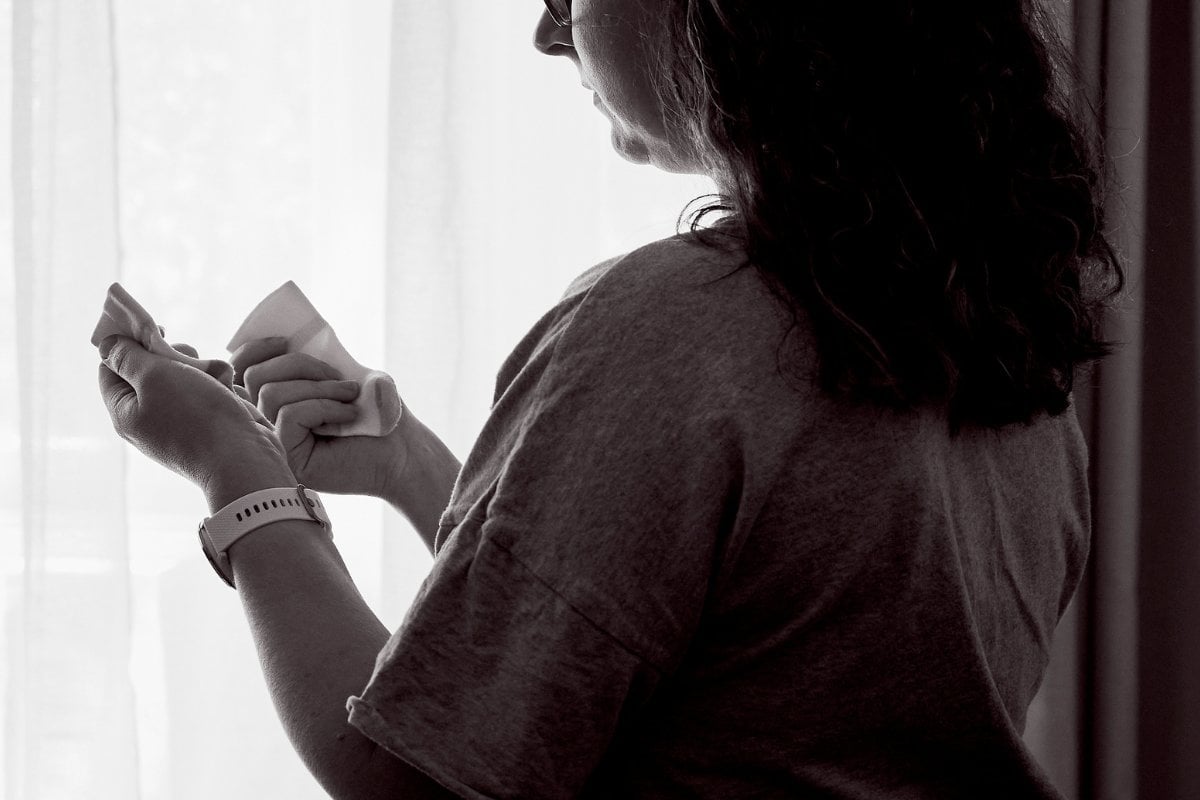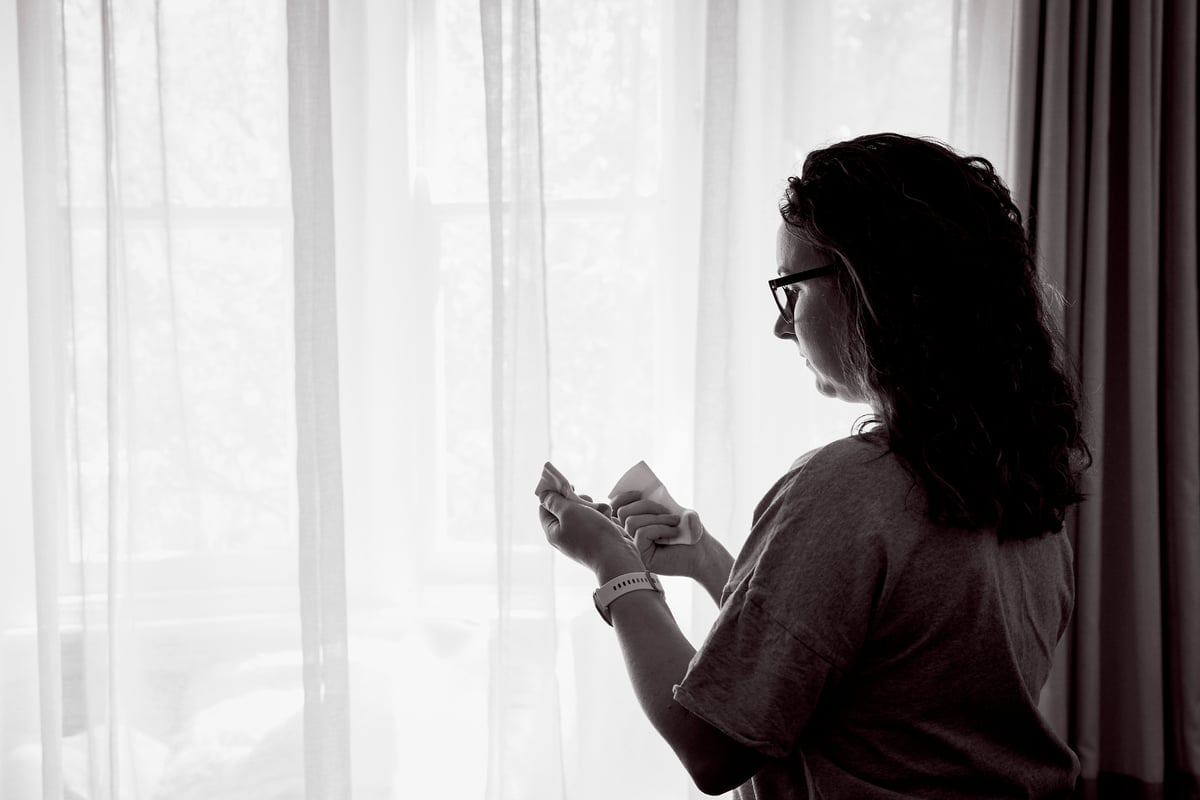
Melissa's birth didn't go to plan. Following her experience of a traumatic birth, the impacts were long-lasting. Melissa shares her experience of birth as part of raising awareness of birth trauma as part of #thetruth campaign to support others.
"The truth is the birth didn't go to plan. It was supposed to be a special time. When they handed me my baby, I felt numb and detached."
For Melbourne mum, Melissa, pregnancy was a dream. "It was the easiest pregnancy ever," she says, "I loved being pregnant." And, after developing a bond with her midwife and going through all her options, Melissa felt prepared for birth.
But nothing went according to plan.
Watch: COPE's The Truth campaign unveils the profound and potentially long lasting emotional impacts following a traumatic birth. Post continues after video.
"My midwife was on-call five days a week and told me not to go into labour on these two days because they were her days off," Melissa explains. "Of course, I went into labour on those days."
Melissa's labour began with back cramps when she woke up at around 7am. "I didn't really expect that," she says, adding that it took her a few hours to realise the cramps were following a pattern. But the pain soon escalated to the point that she couldn't get up off the floor. "I couldn't get off my hands and knees."


